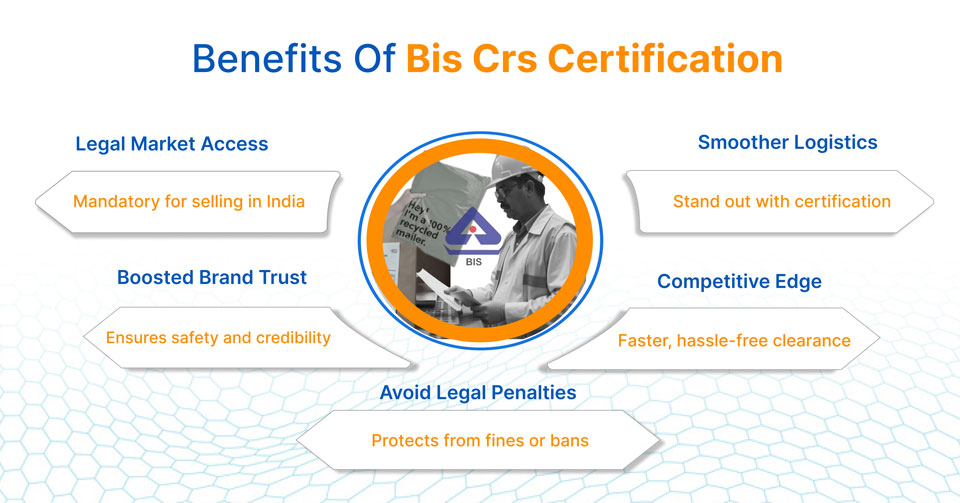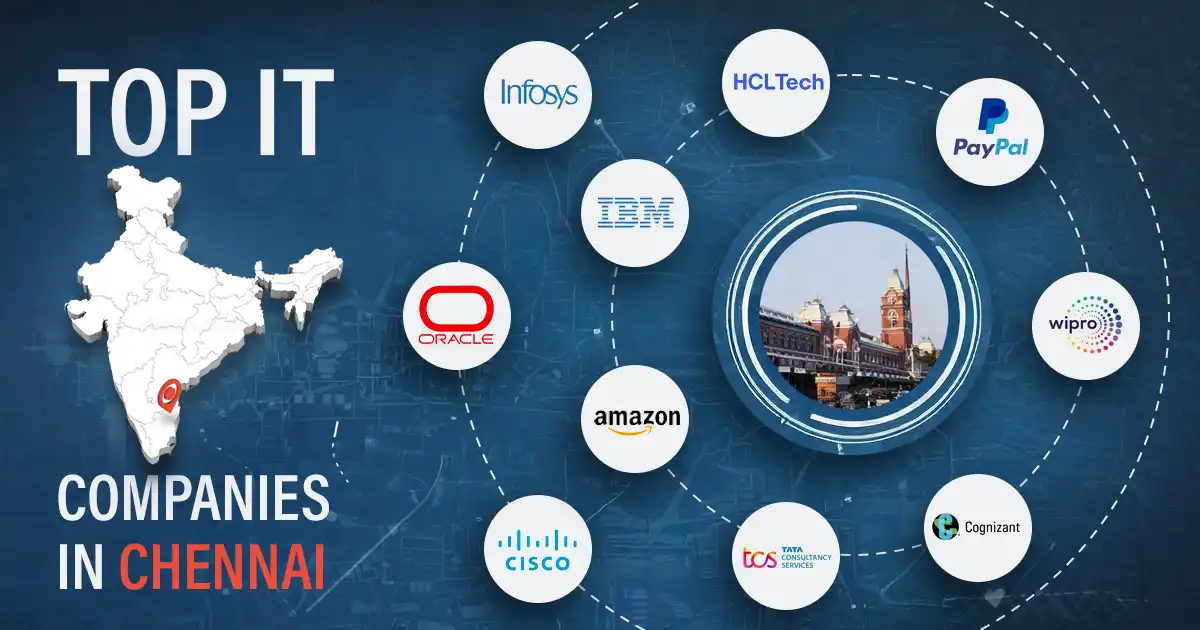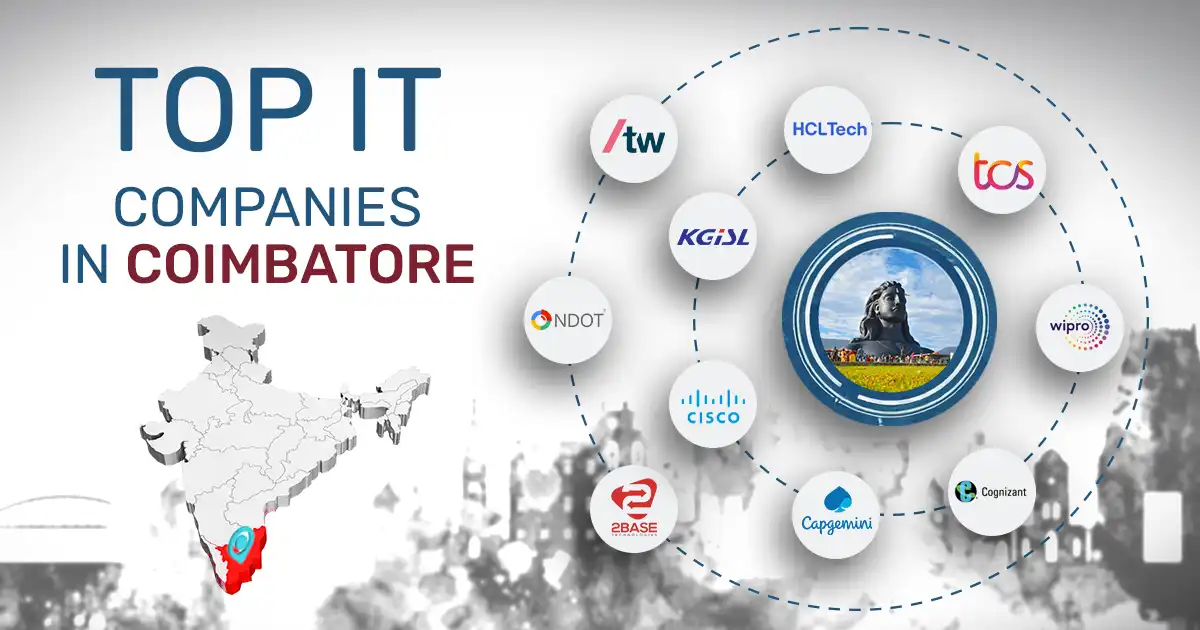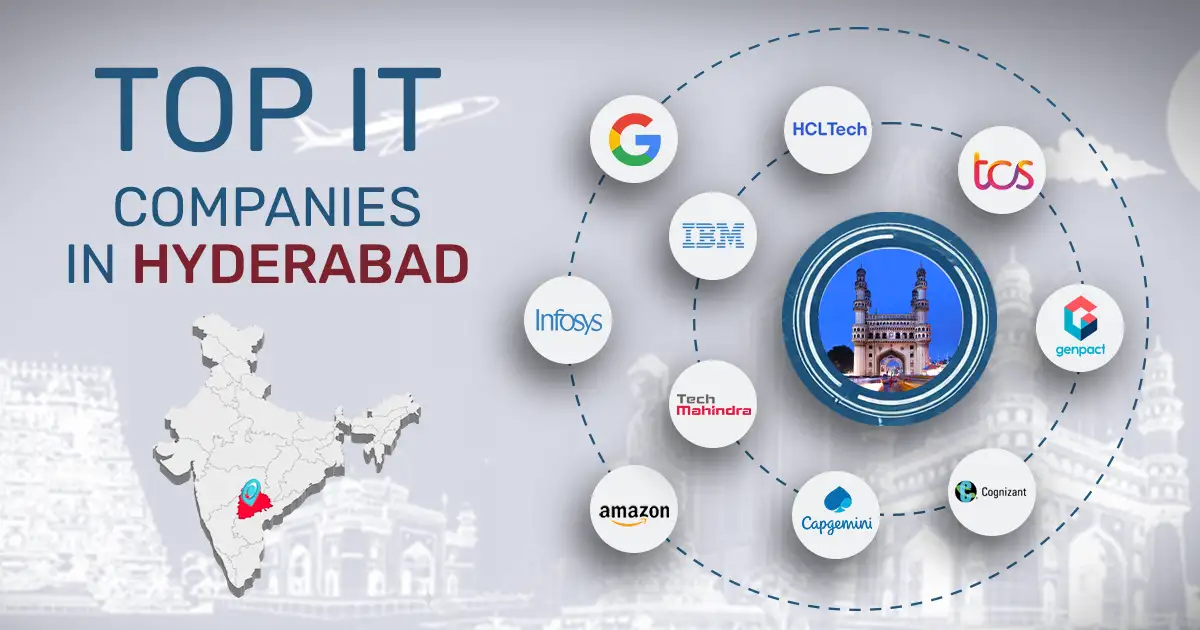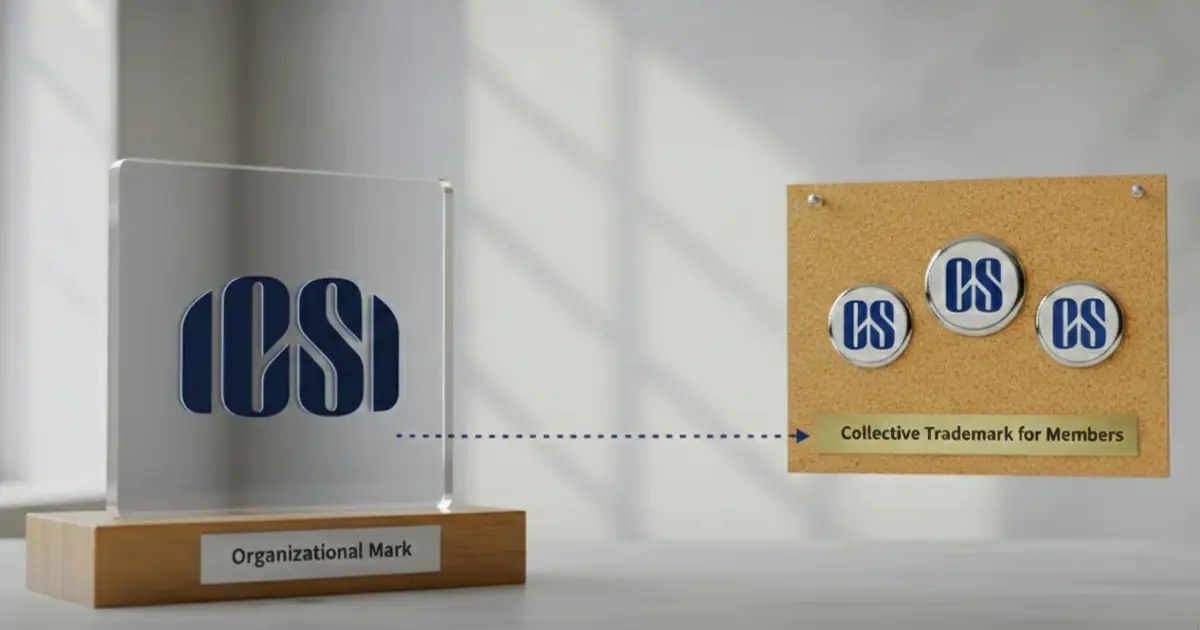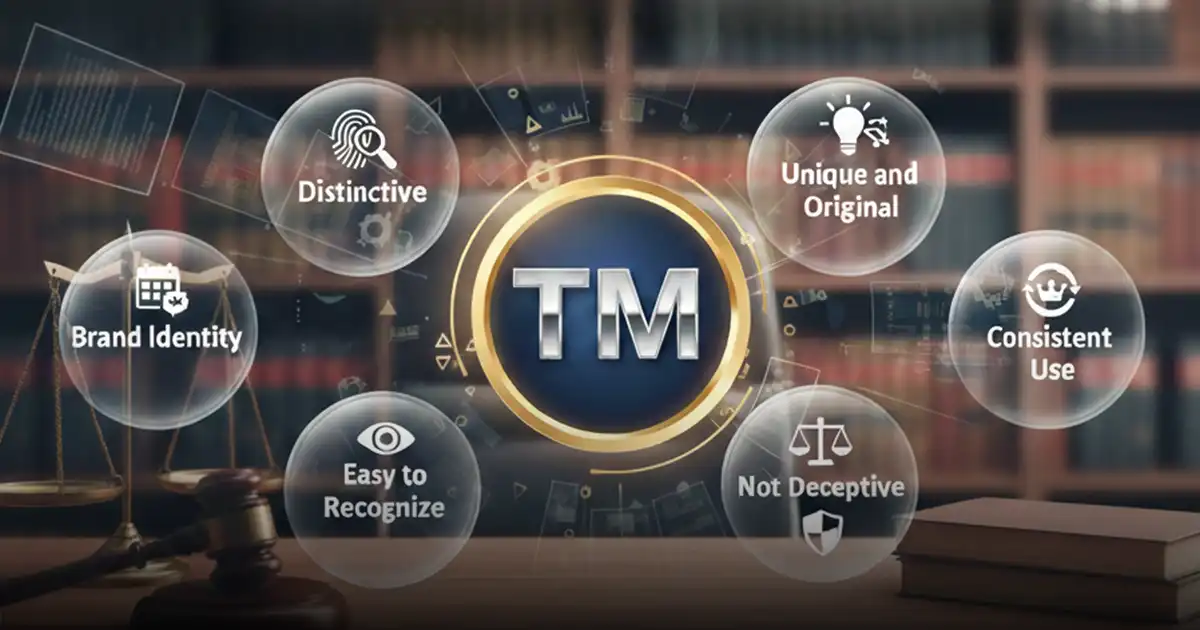BIS CRS (Compulsory Registration Scheme) registration is a mandatory quality certification for specified electronic and IT products sold in India. Introduced by the Bureau of Indian Standards (BIS), this registration ensures that products comply with Indian safety and performance standards before entering the market.
The CRS system provides a structured and transparent framework that helps protect Indian consumers from hazardous or poor-quality goods. It boosts product reliability, increases consumer confidence, and ensures that manufacturers adhere to the required safety norms. Without BIS CRS registration, the import, sale, or distribution of listed products is strictly prohibited in India.
Understanding the Compulsory Registration Scheme (CRS)
The Compulsory Registration Scheme (CRS) was introduced in 2012 by the Ministry of Electronics and Information Technology (MeitY). It is administered by the Bureau of Indian Standards (BIS). The scheme mandates that specific product categories, ranging from mobile phones and laptops to LED lights, power adapters, and more, must be tested by BIS-recognized laboratories and registered with BIS before being sold in India.
Products must conform to applicable Indian Standards (IS), and manufacturers must affix the BIS Standard Mark along with a unique R-number on each certified unit. This ensures traceability and transparency in the supply chain. The CRS not only maintains consumer safety but also encourages manufacturers to maintain high product quality.
Role of the Bureau of Indian Standards (BIS) and MeitY
The Bureau of Indian Standards (BIS) is the national body responsible for standardization, quality control, and certification of goods in India. It plays a central role in testing, evaluating, and certifying products under the CRS. BIS also audits manufacturers and ensures ongoing compliance through surveillance and re-certification processes.
The Ministry of Electronics and Information Technology (MeitY) is the policy-making authority that first initiated the CRS in 2012. MeitY regularly updates the list of products under mandatory registration based on emerging technologies and public safety considerations. Both BIS and MeitY work together to expand the scope of regulated products and strengthen the enforcement of quality standards across India.
Why is BIS CRS Registration Mandatory for Certain Products?
BIS CRS registration is mandatory to protect Indian consumers from potentially unsafe or unreliable electronic and IT products. With increasing imports and digital device penetration, the risk of substandard goods entering the market has risen. CRS ensures that only those products meeting Indian Standards are allowed on shelves, thereby reducing safety hazards, electric shock risks, and fire incidents.
Mandatory BIS certification also:
- Promotes consumer trust by offering assurance of product safety and quality.
- Prevents unfair competition by eliminating non-compliant, low-cost products.
- Upholds India's regulatory ecosystem by enforcing standards aligned with public interest.
- Encourages global manufacturers to maintain consistent quality across all markets.
- Facilitates smooth import clearances at Indian ports, preventing costly delays or rejections.
Ultimately, BIS CRS registration is a strategic tool for ensuring product safety, building brand credibility, and securing market access in India.

